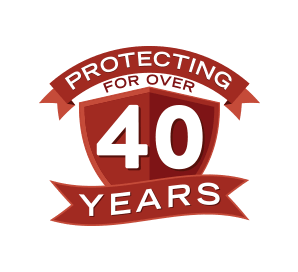Protecting You & Your Pets Against Rabies
For the first time in a decade, the raccoon strain of rabies has been found in the Hamilton area. Early this month a rabid raccoon was found in Stoney Creek. Since then, the province has been canvassing the area looking for more infected animals and have come across 3 additional raccoons infected with the virus.
The last cases of raccoon rabies found in Ontario date back to 2005, and the province is concerned over this sudden reappearance of the deadly virus.
After the first case was discovered, the ministry began aerial drops of baited vaccines to slow the spread of the disease. What began as a precautionary measure has now grown to cover an expanded area receiving vaccine drops in order to stop the spread of the disease. In addition, the province plans to deploy another round of vaccine drops in the spring and summer as they continue to monitor the situation over the next 2 years.
The last known case of a person contracting rabies in the province was back in 1967 and the threat to humans is considered low. However, the province does have rabies vaccinations on hand in the case that anyone is at risk of infection.
While the province continues to address the situation, it is important that everyone does their part to keep themselves and their pets safe. Keep in mind, the following practices minimize the risk to persons and pets.
- Wash all cuts or wounds with soap and water
- Seek medical attention if you think you’ve been bitten by or in contact with a sick raccoon
- Vaccinate your pets against rabies and keep their vaccinations up to date
- Keep an eye on your pets in the yard and always walk them on a leash to avoid contact with wild animals
- Do not feed or otherwise handle wildlife
- Report any animal bites or scratches that you think might have exposed you to the virus
For more information about safeguarding your home or your pets against wildlife, Contact Us today.






